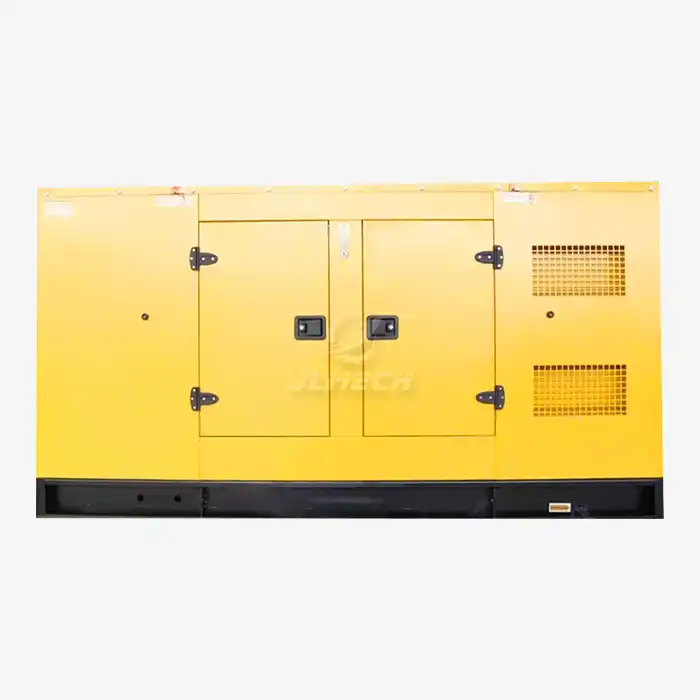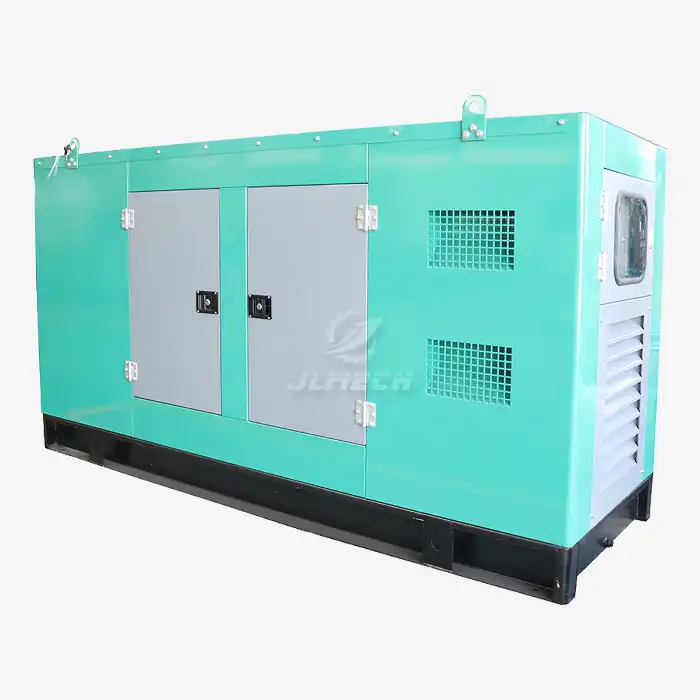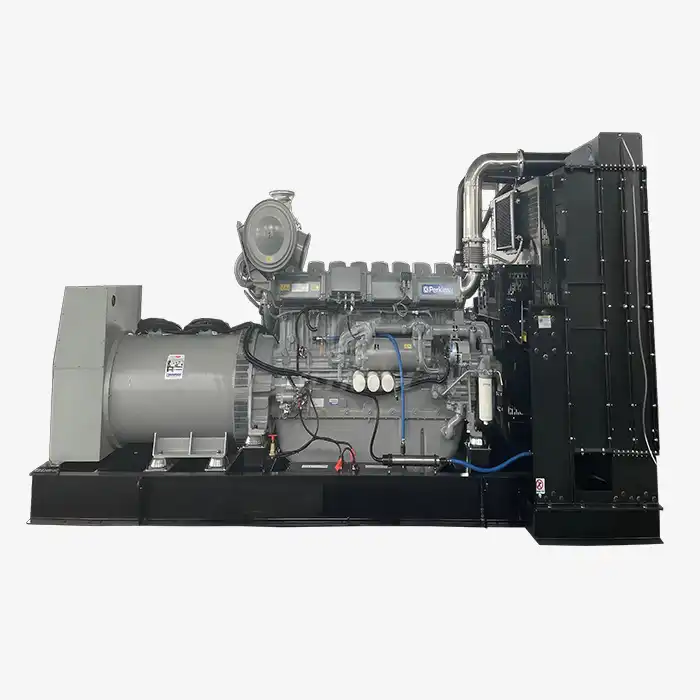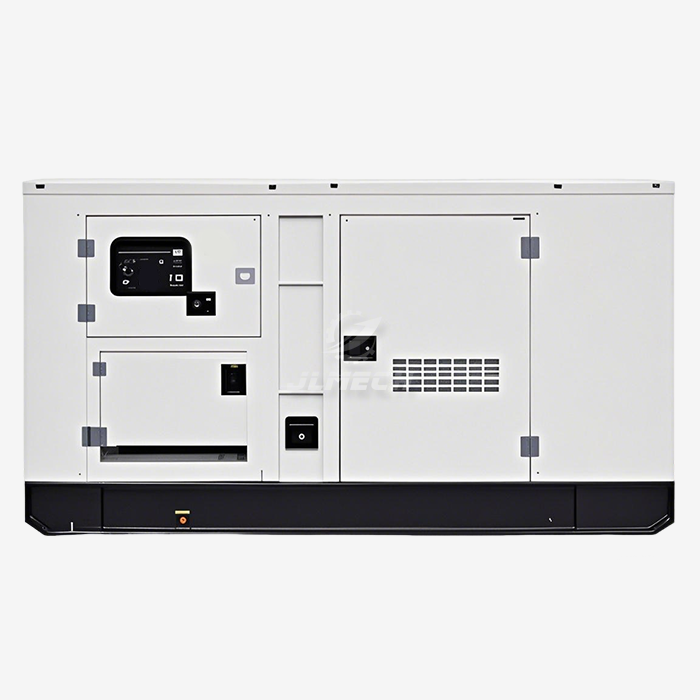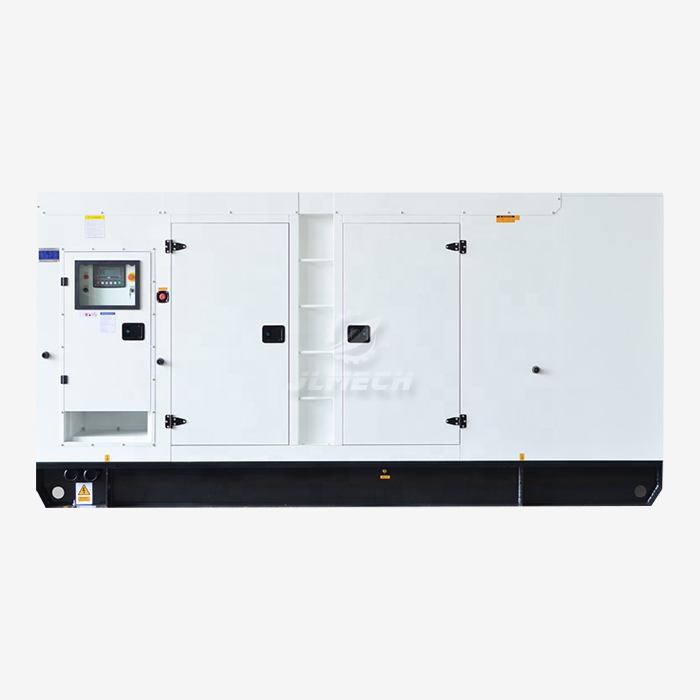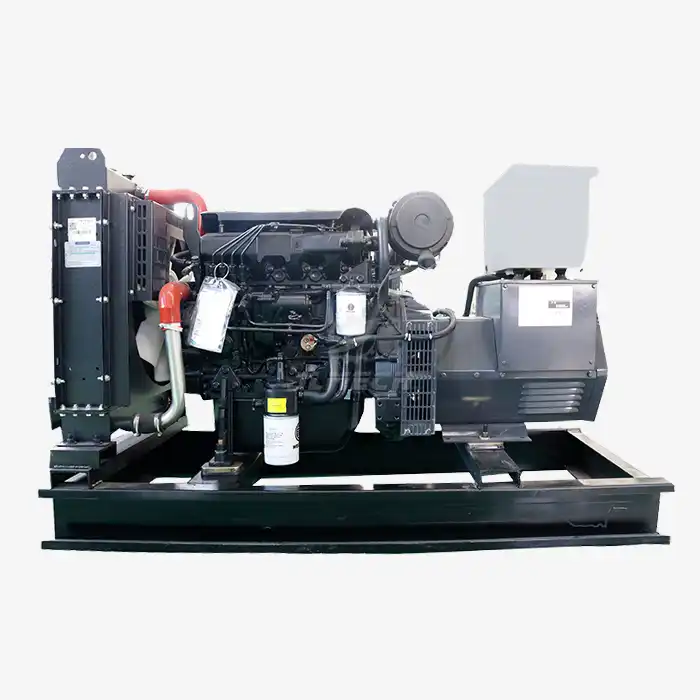How much fuel does a 500kva diesel use per hour?
When you're considering the acquisition and operation of a 500kva diesel generator, one of the most pressing questions is undoubtedly about its fuel consumption. Understanding the hourly fuel usage is not merely a matter of budgeting for fuel costs; it's a critical component of evaluating the total cost of ownership and operational efficiency of your power solution. A 500kva diesel generator represents a significant investment in reliable power, and its fuel efficiency directly impacts your long-term operational expenses. While the exact fuel consumption can vary, a commonly referenced benchmark provides a solid starting point for planning and decision-making.
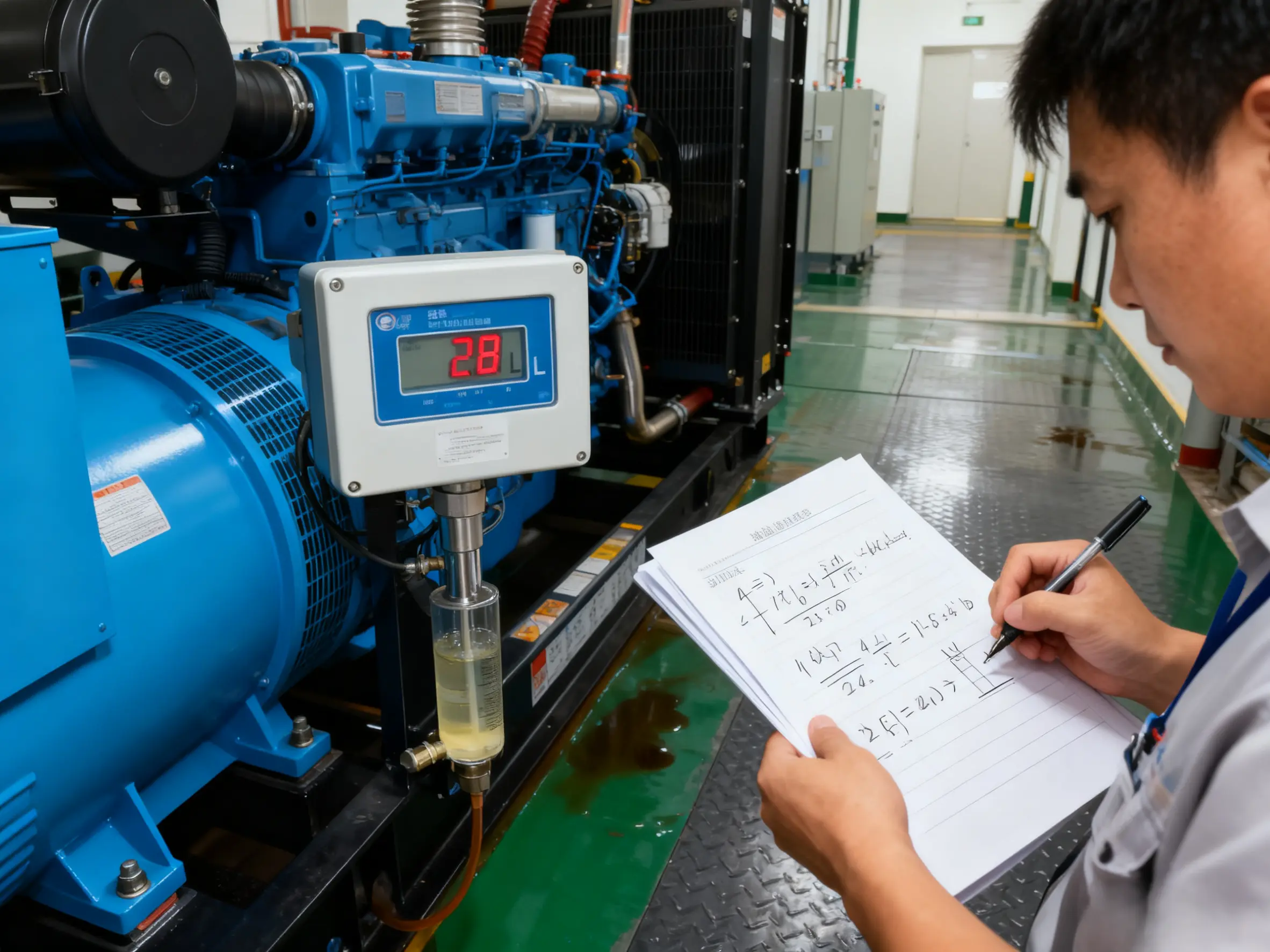
Average Fuel Consumption
As a general estimate, a 500kva diesel generator typically consumes approximately 131.2 liters of diesel per hour when operating under full load . It is crucial to understand that this figure is a benchmark. The actual fuel consumption can be influenced by various factors, and some manufacturers note that consumption can range from as low as 99 liters per hour for certain high-efficiency models under optimal conditions, up to this higher figure . This wide range underscores the importance of considering the specific factors discussed in the following sections.
Key Factors Influencing Fuel Consumption
The fuel consumption of your 500kva diesel generator is not a fixed number. It is primarily governed by two critical elements:
Generator Load: The electrical load applied to the generator is the most significant factor . A generator operating at 80% of its rated load will consume less fuel than one running at 100% load. Importantly, running a generator at a very low load (for instance, below 20%) is not only inefficient but can also increase fuel consumption relative to the power output and potentially harm the engine over time .
Engine Efficiency and Brand: The specific fuel consumption rate (often measured in g/kWh) varies between different engine models and manufacturers . More efficient engines, though sometimes having a higher initial purchase price, will consume less fuel for the same power output, leading to substantial long-term savings.
Calculating Your Specific Fuel Usage
To move beyond general estimates, you can calculate a more precise fuel consumption figure for your specific setup using a standard formula. The calculation requires knowing your generator's specific fuel consumption (SFC) rate, which can be found in its technical specifications.
The formula is: Fuel Consumption (L/h) = (Power (kW) x SFC (g/kWh)) / Diesel Density (g/L)
Power (kW): For a 500kVA generator, this is typically 400 kW (assuming a standard power factor of 0.8).
SFC (g/kWh): This value depends on the engine. Common rates range from 198 g/kWh for efficient models to around 230 g/kWh .
Diesel Density: A standard value of 840 g/L (or 0.84 kg/L) is often used for calculation .
Example Calculation:
If your 500kVA (400kW) generator has an SFC of 210 g/kWh, the calculation would be: (400 kW x 210 g/kWh) / 840 g/L = 100 L/h . This demonstrates how using your generator's actual SFC leads to a more accurate estimate than a general benchmark.
Optimizing Fuel Efficiency
Proactive management and maintenance are key to minimizing the fuel costs of your 500kva diesel generator. Implementing these best practices can lead to significant savings:
Right-Sizing the Load: Avoid consistent operation at very low loads. Ideally, run the generator between 50% and 80% of its capacity for optimal fuel efficiency .
Adherence to a Strict Maintenance Schedule: Regularly service and replace air filters, fuel filters, and oil according to the manufacturer's schedule. A well-maintained engine runs more efficiently and consumes less fuel .
Use of Quality Fuel: Always use clean, high-grade diesel. Contaminated or poor-quality fuel leads to incomplete combustion and higher consumption. Allowing fuel to settle before use can help impurities separate .
Managing Engine Temperature: Ensure the cooling system is functioning optimally. A generator operating at the correct temperature burns fuel more efficiently than an overheated or underheated one .
Comparative Fuel Consumption Table
To provide context, the table below offers estimated hourly fuel consumption for a range of generator sizes, based on commonly cited industry figures. Please note these are estimates for full load conditions .
| Generator Size (kVA) | Approx. Power (kW) @ 0.8 PF | Estimated Fuel Consumption (L/h) |
|---|---|---|
| 100 kVA | 80 kW | 26.25 L |
| 200 kVA | 160 kW | 50 L |
| 300 kVA | 240 kW | 78.75 L |
| 400 kVA | 320 kW | 105 L |
| 500 kVA | 400 kW | 131.2 L |
Impact of Load on Fuel Consumption
The relationship between load and fuel consumption is not always perfectly linear, but it is profoundly important. Operating your 500kva diesel generator at 100% load will naturally consume the maximum amount of fuel, close to the 131.2 L/h figure. However, the highest fuel efficiency (most power per liter of fuel) is often achieved at around 80% of the rated load . Conversely, running at a very low load (e.g., 20%) forces the engine to work inefficiently, which can lead to a phenomenon called "wet stacking" and actually increase the fuel cost per unit of electricity generated . Therefore, understanding and managing your load profile is one of the most effective ways to control fuel costs.
Conclusion
The question of how much fuel a 500kva diesel generator uses per hour does not have a single, simple answer. While a typical benchmark is 131.2 liters per hour at full load, real-world consumption is dictated by a combination of factors including the applied electrical load, the engine's inherent fuel efficiency, and the quality of maintenance. By understanding these variables, utilizing the provided calculation method for precise planning, and implementing fuel optimization strategies, you can effectively manage your operating costs and ensure your generator delivers reliable and cost-effective power for your needs.
Our team of engineering specialists is ready to help you analyze your power requirements and select the most fuel-efficient generator model for your specific application. For a detailed consultation and a custom fuel consumption estimate, please contact us at skala@whjlmech.com.
References
- Johnson, M. (2022). Emergency Power Systems: A Comprehensive Guide to High-Speed Diesel Generators. Power Engineering Quarterly, 45(3), 78-92.
- Generator Manufacturers Association. (2021). Guidelines for Rating and Application of Generator Sets. GMA Technical Publication TP-101.
- International Organization for Standardization. (2018). Reciprocating internal combustion engine driven generating sets — Part 1: Application, ratings and performance (ISO 8528-1:2018).



